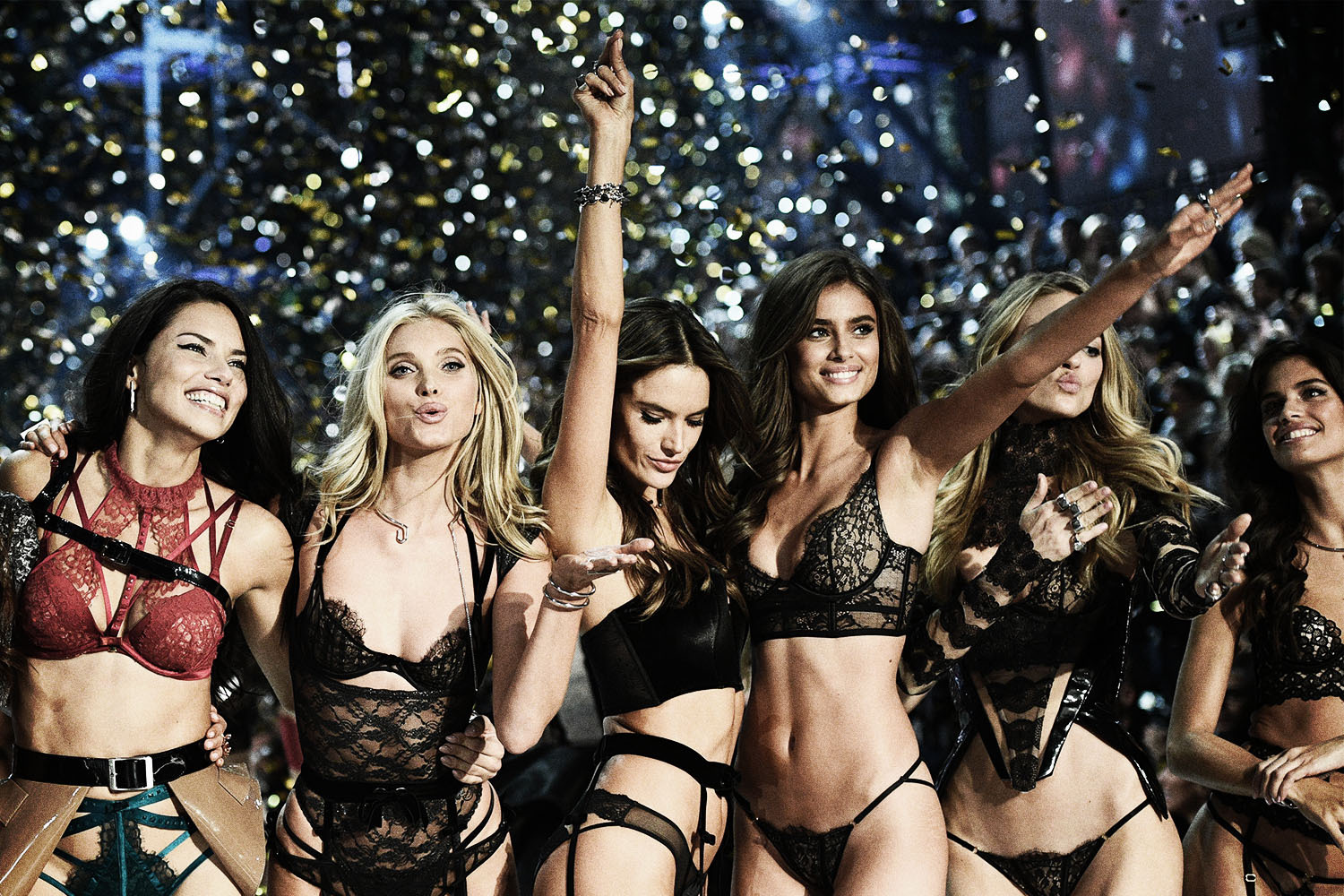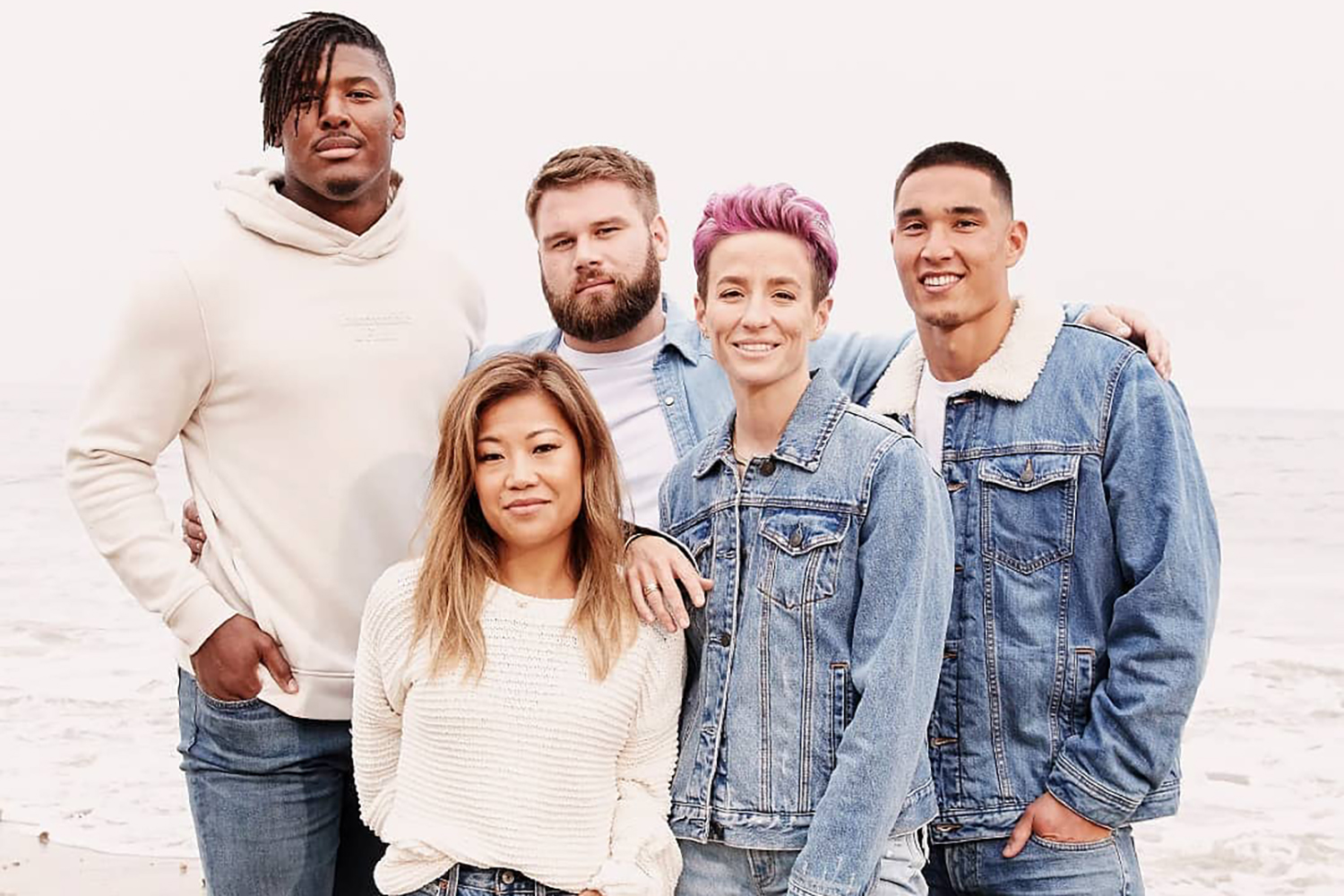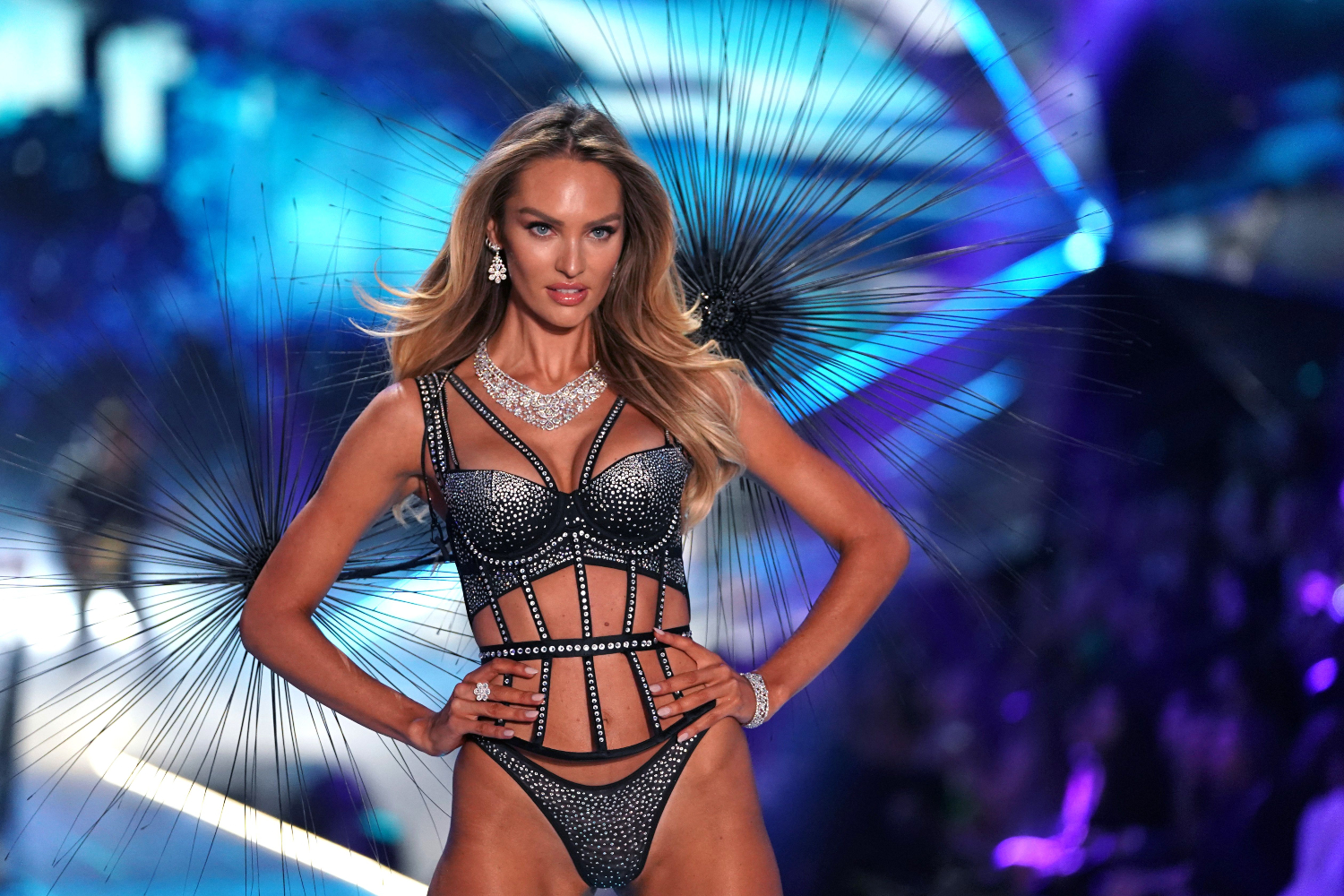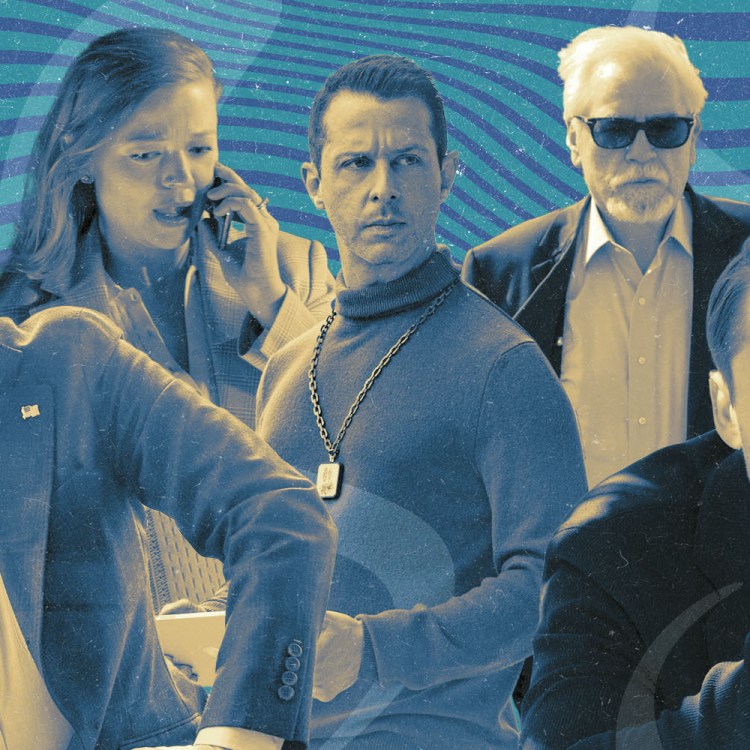For a kid in the 2000s, Abercrombie & Fitch was the coolest place to be. It was loud, it was dark, it reeked of store-brand cologne and the bags had shirtless men on them. In other words, it was the perfect place to get into a screaming match with your mother because she wouldn’t spend $50 on the over-priced graphic T-shirt that you needed to prove to your peers that you weren’t a poor, ugly loser.
Abercrombie was, as former CEO Mike Jeffries put it in a 2006 interview, for the cool kids. “In every school there are the cool and popular kids, and then there are the not-so-cool kids. Candidly, we go after the cool kids,” Jeffries told Salon in the now-infamous interview. “We go after the attractive all-American kid with a great attitude and a lot of friends. A lot of people don’t belong (in our clothes), and they can’t belong. Are we exclusionary? Absolutely.”
Like fellow 2000s retail icon Victoria’s Secret, Abercrombie was a brand based on exclusivity, one that openly prided itself on small sizes, sex appeal and conventionally attractive models and store employees. For a long time, it worked. By the mid-2010s, however, exclusivity was out. As consumers started calling for more inclusive sizing and marketing, brands like Abercrombie and Victoria’s Secret weathered a steep fall from grace. In 2013, Jeffries’ “cool kids” comments resurfaced in a Business Insider article that saw the brand raked over the coals for a lack of inclusive sizing and discriminatory hiring practices that prioritized thinness and whiteness as Abercrombie’s version of the “All-American” ideal.
The former retail king’s fall from grace, which also included multiple lawsuits accusing the brand of racist and discriminatory behavior, is the subject of the forthcoming Netflix documentary, White Hot: The Rise and Fall of Abercrombie & Fitch. The doc will premiere on the streamer on April 19, per Variety, and will feature interviews with former employees, executives and models of the brand.
It’s worth noting that in recent years Abercrombie has undergone a generally well-received rebrand, one executed arguably less clumsily than Victoria’s Secret’s recent attempts at atonement. The brand addressed the documentary ahead of its release in a recent Instagram post, noting that today’s Abercrombie is not that of Mike Jeffries, who stepped down from the brand in 2014.
“While the problematic elements of that era have already been subject to wide and valid criticism over the years, we want to be clear that they are actions, behaviors and decisions that would not be permitted or tolerated at the company now,” the brand wrote in the caption. “Thank you for giving us the chance to show you who Abercrombie is today, and for being a part of who we will be tomorrow. We know the work is never done and remain committed to continually creating a company of which we can all be proud.”
Thanks for reading InsideHook. Sign up for our daily newsletter and be in the know.

















